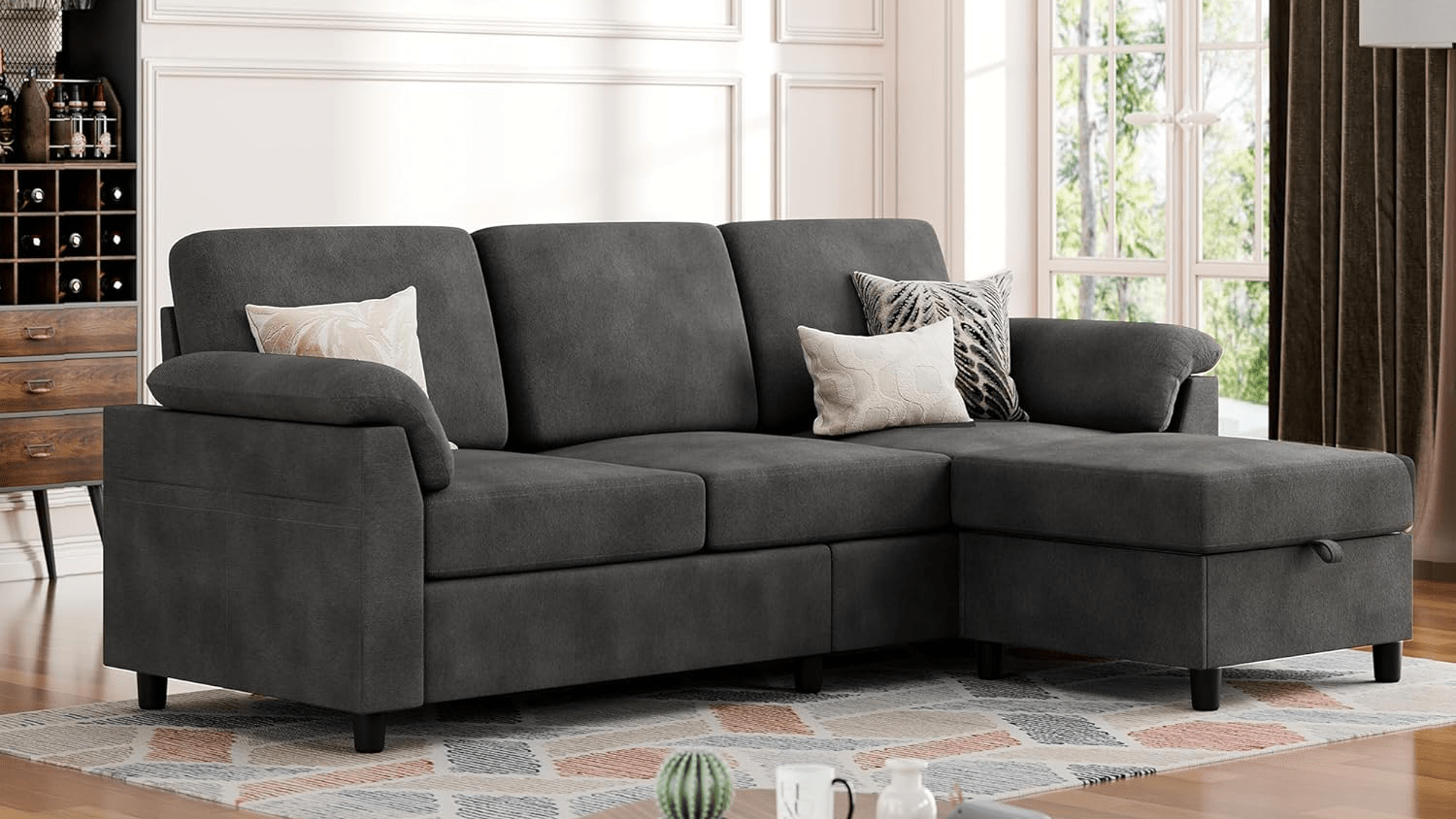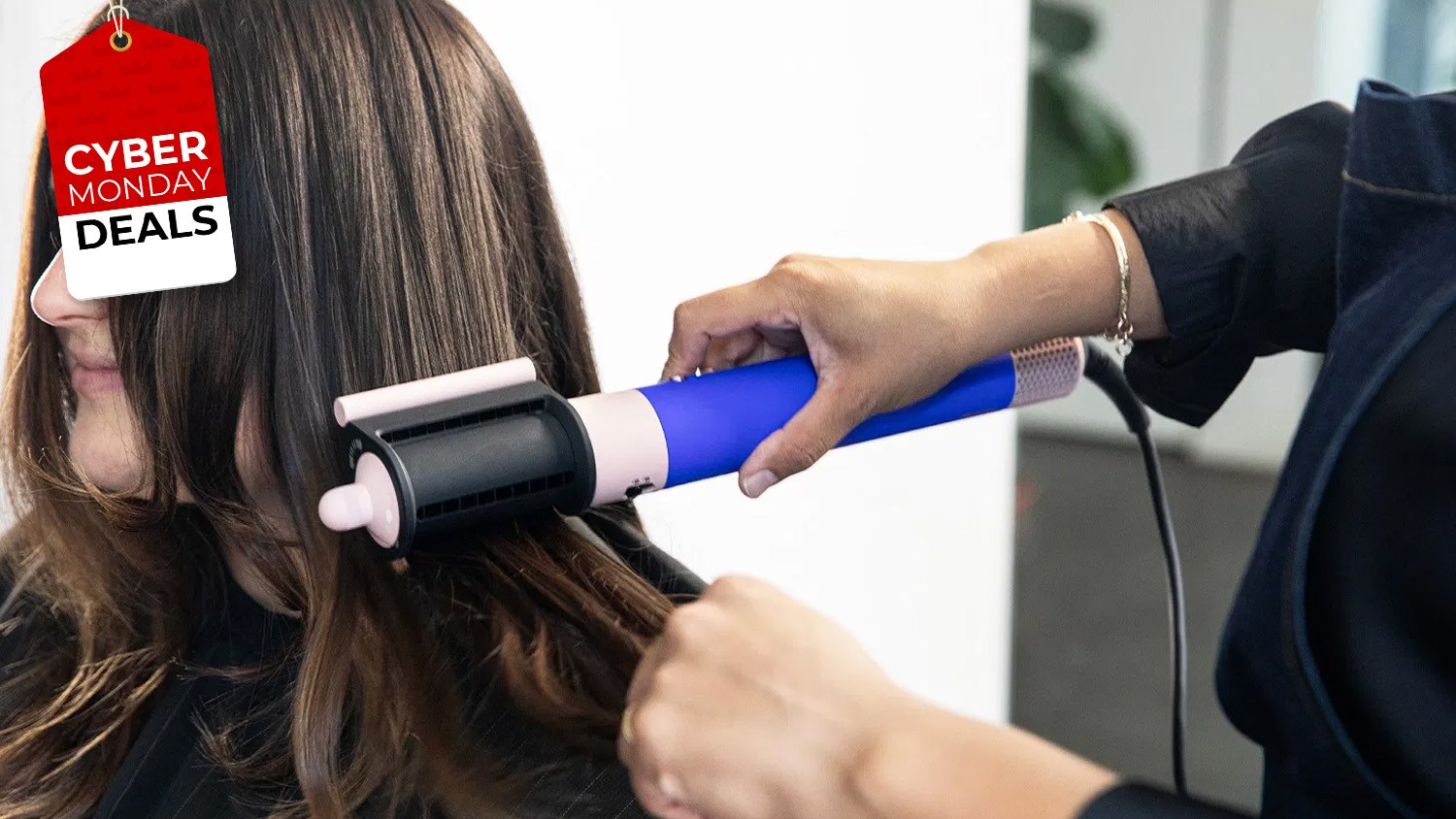RICHMOND, Va. (WAVY) – Cell phone use in schools has been debated for years. Now, Virginia Governor Glenn Youngkin is getting involved at the state level.
On Tuesday, July 9, Governor Youngkin issued Executive Order (EO) 33, to establish a cell phone-free education in Virginia’s K-12 public schools.
The order directs the Virginia Department of Education (VDOE) “to initiate a robust public engagement effort with parents, students, teachers, local school leaders and other stakeholders to develop collaboratively policies and procedures that establish the age-appropriate restriction or elimination of cell phone use during instructional time, as well as to establish protocols allowing parents to contact their children in emergency and other important situations.”
The Governor called this a mental health and safety initiative and announced $500,000 would be going to the VDOE and the Department of Behavioral Health and Development Services (DBDHS) to help implement the plan.
“Today’s Executive Order both establishes the clear goal to protect the health and safety of our students by limiting the amount of time they are exposed to addictive cell phones and social media and eliminates clear distractions in the classroom. It also kicks off the robust conversations among parents, students, teachers, and school and community leaders necessary to design and implement these policies and procedures at the local level,” Gov. Youngkin said.
According to the EO, children spend nearly five hours a day on social media, on average. It cites recent studies that found spending more than three hours a day on social media platforms doubles the risk of poor mental health in children. U.S. Center for Disease Control and Prevention data from 2019-2021 found the suicide rate increased 167% since 2010 for girls and 91% since 2010 for boys.
It also mentioned other studies that said students who use their phones during class often get lower grades.
Meanwhile, at the federal level, U.S. Sen. Tim Kaine (D-VA) alongside Sen. Tom Cotton (R-AR), introduced the bipartisan Focus on Learning Act last year. It would require the U.S. Department of Education complete a study on the effects of cellphone use in K-12 classrooms.
Sen. Kaine issued this statement after Gov. Youngkin announced his Executive Order on Tuesday.
“I’m committed to doing all that I can to help students overcome learning loss. That’s why I introduced a bipartisan bill to look into how cellphone use in schools is impacting students’ learning and mental health. I’m glad to see more action on the state level in Virginia, too.”
Sen. Tim Kaine (D-VA)
“The data is clear, and it is time for Virginians to come together to address the damage of social media and screens to healthy childhoods. Government cannot be the sole solution to this crisis; school communities – especially parents and teachers – must work together to discuss and develop common sense approaches to limit screen time, prioritize open channels of communication, and re-establish norms that reinforce healthy and vibrant learning communities,” said Secretary of Education Aimee Guidera.
WAVY recently spoke with Myles McNutt, Associate Professor of Communication and Theatre Arts at Old Dominion University, for reaction to the U.S. Surgeon General saying he would push for warning labels on social media platforms.
“When I talk about social media with my students and we engage with issues, one of the central challenges is our understanding as a society that these can be incredibly dangerous places for peoples mental health particularly for young people,” McNutt told WAVY. His students, though, are older than the ones included in the Governor’s Order.
The Executive Order directs VDOE to publish their draft guidance by August 15. VDOE is expected to issue its final guidance in September.
Local school divisions will be expected to adopt the new cell phone-free education policies and procedures by January 1, 2025.
You can use this form to share your thoughts with the Virginia Department of Education.
Several informational sessions are also scheduled across Virginia to discuss Executive Order 33. The series of Commonwealth Conversations is an opportunity to discuss phone usage in schools.
Commonwealth Conversations
- Manassas – July 18, 2 – 3:30 p.m.
Osbourn High School
1977 Eagle Way
Manassas, VA 20110
Register for the July 18 Commonwealth Conversation at Osbourn High School - Virginia Beach – July 22, 4:30 – 6 p.m.
Tallwood High School
1668 Kempsville Road
Virginia Beach, VA 23464
Register for the July 22 Commonwealth Conversation at Tallwood High School - Fredericksburg – July 30, 9 -10:30 a.m.
James Monroe High School
2300 Washington Ave
Fredericksburg, VA 22401
Register for the July 30 Commonwealth Conversation at James Monroe High School - Waynesboro – July 31, 10 – 11:30 a.m.
Kate Collins Middle School
1625 Ivy St
Waynesboro, VA 22980
Register for the July 31 Commonwealth Conversation at Kate Collins Middle School - Roanoke – July 31, 4 – 5:30 p.m.
Northside High School
6758 Northside High School Rd
Roanoke, VA 24019
Register for the July 31 Commonwealth Conversation at Northside High School - Abingdon – August 1, 3 – 4:30 p.m.
Southwest Virginia Higher Education Center
One Partnership Circle
Abingdon, VA 24212
Register for the August 1 Commonwealth Conversation at Southwest Virginia Higher Education Center - Keysville – August 2, 1:30 – 3 p.m.
Southside Virginia Community College Keysville Campus
Workforce Development Center
200 Daniel Road
Keysville, VA 23947
Register for the August 2 Commonwealth Conversation at Southside Virginia Community College Keysville Campus - Midlothian – August 6, 4-5:30 p.m.
Chesterfield County Public Schools
Career and Technical Center
13900 Hull Street Road
Midlothian, VA 23122
Register for the August 6 Commonwealth Conversation at Chesterfield Career and Technical Center
Students in all school districts in the WAVY viewing area will be back in class by the Tuesday after Labor Day, so the implementation of these new policies will take place during the school year.
Existing Cell Phone Policies
Most, if not all, school divisions in Virginia already have cell phone policies, which were determined by the individual school districts. Virginia Beach City Public Schools (VBCPS), for example, already “strictly prohibits” cell phone use during instruction. A spokesperson on Tuesday told WAVY that Youngkin’s order aligns with the current regulations, but this topic is on the agenda for the School Board retreat scheduled for Wednesday.
This is the first statewide effort to eliminate or severely restrict cell phone use during instructional time.
Here’s a breakdown of existing policies for the following Hampton Roads school districts:
Chesapeake Public Schools require phones to be both off and put away for all students.
“During the instructional day, any personal communications devices are expected to be turned off and put away. This means that these devices should not be kept on the person or in the clothing of students during the school day. This expectation applies to all instructional, administrative, medical, or health-related settings including, but not limited to: classrooms, hallways, libraries, auditoriums, gymnasiums, locker rooms, administrative offices, or clinics.”
Hampton City Schools divides the policy by grade levels. Elementary school students are not allowed to have a phone at all. The only exception is if it is “deemed medically necessary by a treating physician” or for a specific Bring Your Own Device (BYOD) activity. Middle schoolers are allowed to have their phones on the bus, but during the school day, they have to be off and in their locker. High schoolers can have their phones on them, but they have to be off during the school day. Students can only turn their phones on outside of the building, after hours, or if medically required.
“High school students may possess cellular telephones or other portable communication devices. Devices may not be visible and must not interfere with the instructional program or activity. Devices must remain turned off during the school day upon arrival to school and through dismissal or during school-related activities. The devices may only be used outside the school building or facility before regular school hours or school-related activities, unless authorized by a school staff member or it is deemed medically necessary by a treating physician. The devices may be used inside the school building or facility after regular school hours so long as the use does not interfere with any after-school academic tutoring, remediation, or testing.
Middle school students may possess cellular devices coming to and returning home from school, but during the school day the devices must be turned off and stowed in the student’s assigned locker upon arrival to school and through dismissal, unless authorized by a school staff member or it is deemed medically necessary by a treating physician.
Elementary school students are not permitted to bring cellular phones or other electronic devices to school with the exception of structured Bring Your Own Device (BYOD) instructional activities supervised by a classroom teacher or other school official or it is deemed medically necessary by a treating physician.”
Newport News also divides its guidelines by grade levels. Elementary school students can have them, but they must be off and out of sight while at school. Middle and High schoolers can have their phones on them but cannot use them during school hours. The policy does not specifically say middle and high schoolers have to have phones off during school hours.
Elementary students with cell phones should keep them off, and out of sight, during regular school hours and during after-school activities.
Middle and high school students are permitted to have and use cell phones or two-way communication devices after school dismissal on school board property.
Under no circumstances may students use any device to photograph, video record, or audio record any student, employee, or member of the public on school grounds unless they have permission from both the person(s) being photographed or recorded and a school official.
Norfolk allows Middle and High Schoolers to have a phone and doesn’t specify where it has to be, though it is required to be off while on campus. Elementary schoolers are not allowed to have a phone at all.
Elementary School – Elementary students are not permitted to possess cell phones, PCDs (iPads, Kindle Fire, Nook, etc.) or other EDs (MP3- players, iPods, laser lights, etc.) and are subject to disciplinary action for any violation of this prohibition. Note: Devices, which are incapable of a wireless connection, are strictly prohibited unless used for security purposes or reasons (i.e., Gizmo Gadget or similar type device).
Middle and High School – Middle and high school students may possess cell phones, PCDs, and/or EDs on school property subject to the following restrictions: (1) students must not display, use, activate or permit cell phones, PCDs or EDs to be activated during the instructional day; (2) students’ cell phones, PCDs, and/or EDs must be turned off and kept out of sight; cell phones, PCDs and/or EDs, may be stored in book bags, purses, lockers or on one’s person.
Cell phones, PCDs, and EDs may be activated, displayed, or used on a School Board owned school bus by students while they are being transported to and/or from school-sponsored events.
Portsmouth allows elementary and middle school students to bring a phone to school but it has to be off and out of sight. Students can use it after dismissal. High school students in Portsmouth can use cell phones during the school day as long as it is “for instructional purposes as defined and supervised by a classroom teacher or administrator” or in the cafeteria during breakfast or lunch. If students break these rules, a parent or guardian has to be the one to retrieve the phone.
“Elementary/Middle Students: Student use of portable communication devices that are not a part of the instructional program is 20 prohibited. These devices include, but are not limited to: radios, headphones, ear buds (connected or disconnected), electronic gaming devices, devices designed for digital/audio taping, MP3 players, IPods, tablets and any device capable of receiving or transmitting messages, music, digital images, communications and any related paraphernalia. Students are allowed to bring cellular telephones onto school property. The device must remain off and out of sight at all times during the school day. Use is permitted after dismissal. Behaviors prohibited during the school day involving the cellular phone include, but are not limited to: making calls, displaying it to others, sending messages, text messaging, taking pictures, making any noises, playing games, video recording, logging onto and posting on social networking sites, Otherwise disrupting the learning environment for teachers, students, staff, administrators, or others on school property.
High School Students: During the school day, high school students may use personal equipment or electronic devices for instructional purposes as defined and supervised by a classroom teacher or administrator. Students shall not display or activate personal equipment during class time unless specifically given permission by a teacher or school administrator. Personal equipment or a device includes, but is not limited to: a laptop computer, net book, tablet computer, cellar phone or Smartphone e-reader, or any personal computing device. Devices can be used only in the cafeteria during breakfast/lunch, and before/after school. Using the device to misrepresent an individual, harass or bully, or promote illicit activity will be unacceptable. Improper use shall result in confiscation of the item. Any student found in violation will have them confiscated and returned to a parent. All cell phones, electronic devices and other confiscated items must be picked up by a parent/guardian. When the parent/guardian picks up the confiscated item they will be required to sign the General Confiscation Form acknowledging that if the same or similar item is confiscated a second time it will be kept until a parent conference is held with an administrator, the third offense will result in the item being held until the student serves a minimum of one day of in-school suspension and a parent conference is held. The school must be contacted to schedule a pick up time.”
The Suffolk Public Schools’ district-wide handbook does not specifically cite a universal cell phone usage policy, but 10 On Your Side found that some individual schools did issue a policy within their school handbooks.
In Virginia Beach phones are strictly prohibited for all students.
“Students are prohibited from using personal communication devices during instructional time or in instructional settings. Leaving the classroom during instructional time to use personal communication devices in another setting may constitute a violation of the Code of Student Conduct. Personal communication devices should not be used in bathrooms.”
Learn more about ways to engage and provide input here.











































































































